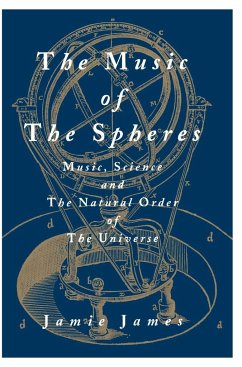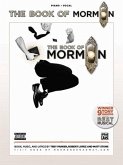The parallel histories of music and science - from celestial harmony to cosmic dissonance. For centuries, scientists and philosophers believed that the universe was a stately, ordered mechanism, mathematical and musical. The perceived distances between objects in the sky mirrored (and were mirrored by) the spaces between notes that formed chords and scales. The smooth operation of the cosmos created a divine harmony that composers sought to capture. With The Music of the Spheres, readers will see how this scientific philosophy emerged, how it was shattered by changing views of the universe and the rise of Romanticism, and to what extent it survives today. From Pythagoras to Newton, Bach to Beethoven, and on into the twentieth century of Einstein, Schoenberg, Stravinsky, Cage, and Glass, this is a spellbinding examination of the interwoven fates of science and music throughout history.
Hinweis: Dieser Artikel kann nur an eine deutsche Lieferadresse ausgeliefert werden.
Hinweis: Dieser Artikel kann nur an eine deutsche Lieferadresse ausgeliefert werden.
"Wide ranging and elegantly written. By the end of it you can almost hear the cosmic music yourself." Wall St. Journal "A provocative, engaging reassessment of the Western musical tradition and its relation to science." Publishers Weekly
"...a graceful and entertaining account of matters seldom presented to the general reader." The New Yorker
"...a graceful and entertaining account of matters seldom presented to the general reader." The New Yorker








